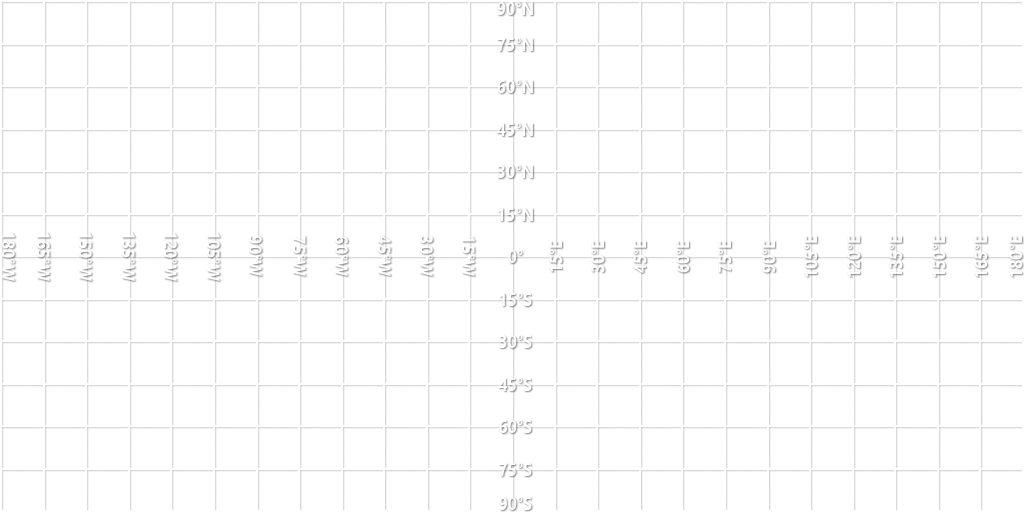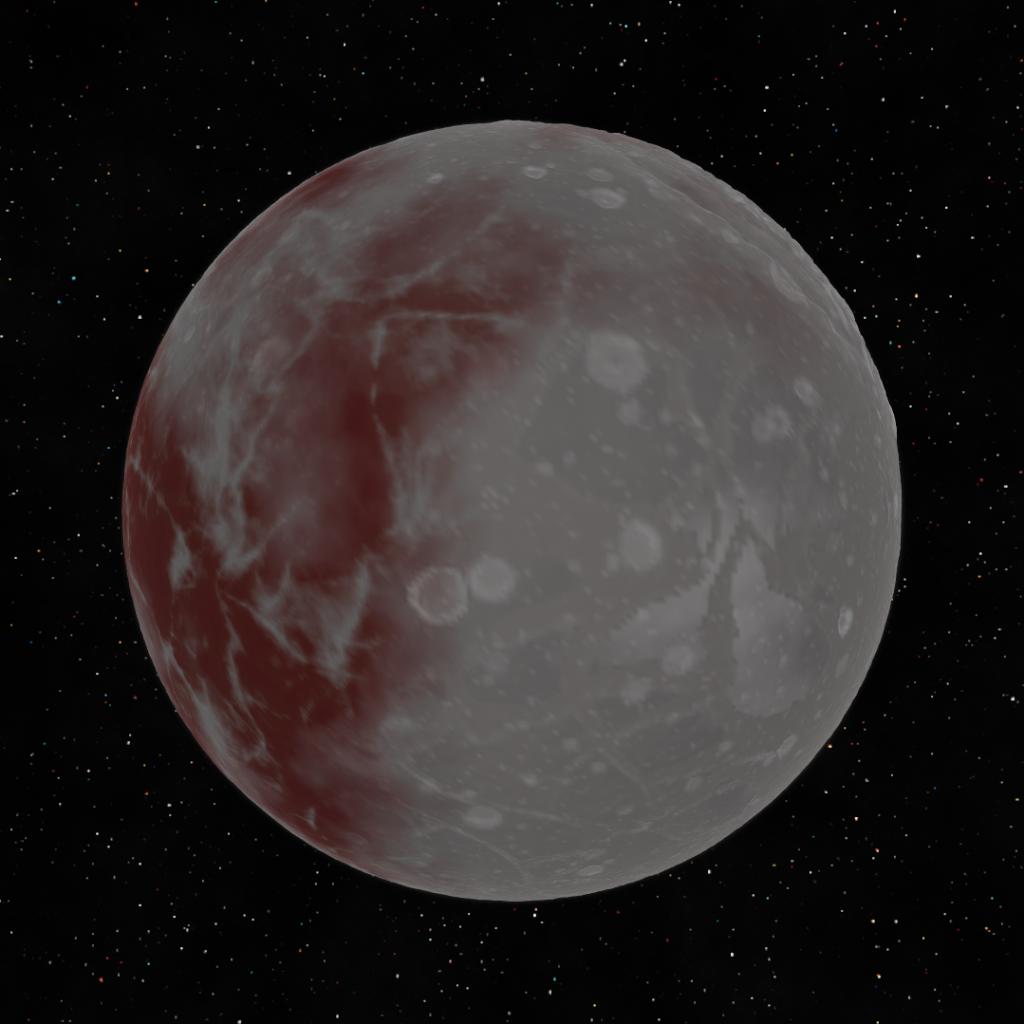The largest moon of Pollux, heavily-cratered Phoebe has a mysterious past. Confirmed to be of a different origin to its larger parent, this rogue moon dragged Pollux into a new orbit. It still bears scars of its chequered history, including a recent impact site which shows signs of cryovolcanic activity and abnormal radiation levels. Huge grabens cross the terrain, marks of gravitational stresses pulling the crust apart. Some regions are blanketed in tholin deposits ejected from Pollux.
By JastroOne1 and pedro16797.
CHARACTERISTICS
- Radius: 275 km
- Sea Level: -2,850 m
- Surface Gravity: 1.3 m/s
- Rotational Period: 2d 16h 9m 59s
- Escape Velocity: 835.8 m/s
- Mass: 1.44E+21kg
Atmosphere
- Height: 8,322 m
- Scale Height: 2,127 m
- Surface Air Density: 5.0 g/m3
- Surface Temperature: 13 K
EQUIRECTANGULAR MAP

5 Comments
- Log in to leave a comment
-
+1 2.1 years ago
Quick question.
The Crater Debris says it’s on the surface of the <<white sticky material>> but nothing’s there. Is it below the surface? I downloaded a Cyclops from Subnautica and beefed the lights so I could try to see, and apparently the material is only about 300m deep around the target, but over 2 kilometers deep directly under it. Is the ocean itself the Easter egg or is it something deeper down? -
27.1k Zenithspeed+1 2.2 years ago
after all these years i have finally realized something... this is...
Brigo RTX On -
-


@IMULAerospaceIndustries sorry I didn't respond for so long! The debris isn't actually at the pointer itself, it's mostly spread around on the shoreline. There isn't all that much as this was made back before many of the structure models were added to the game. To find some I'd recommend taking a buggy around the shoreline and keeping an eye out for anything sticking out of the beach